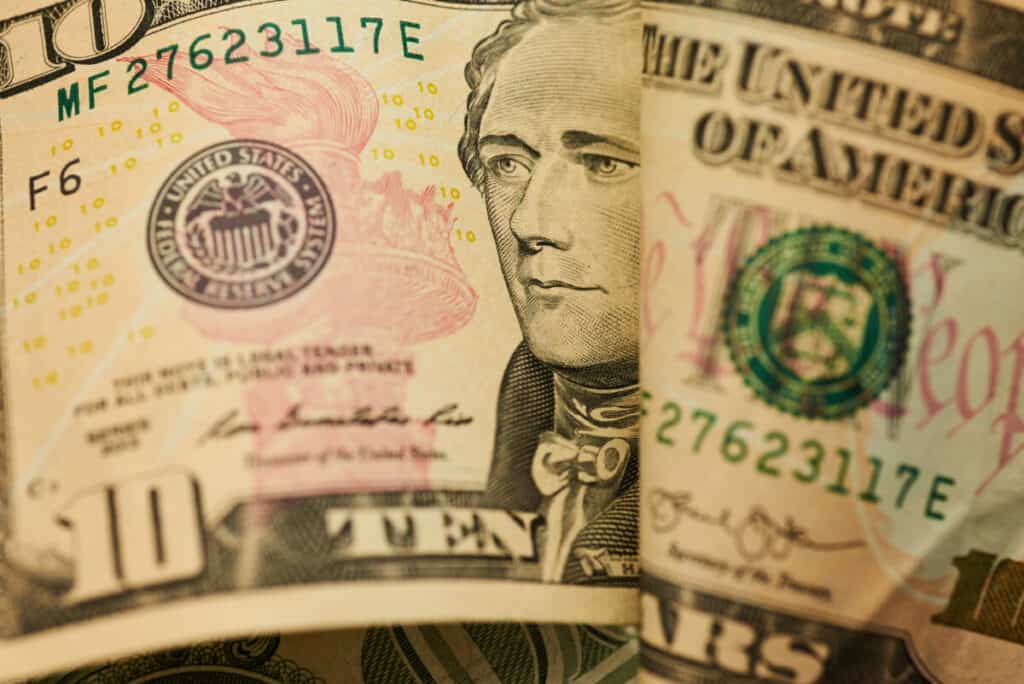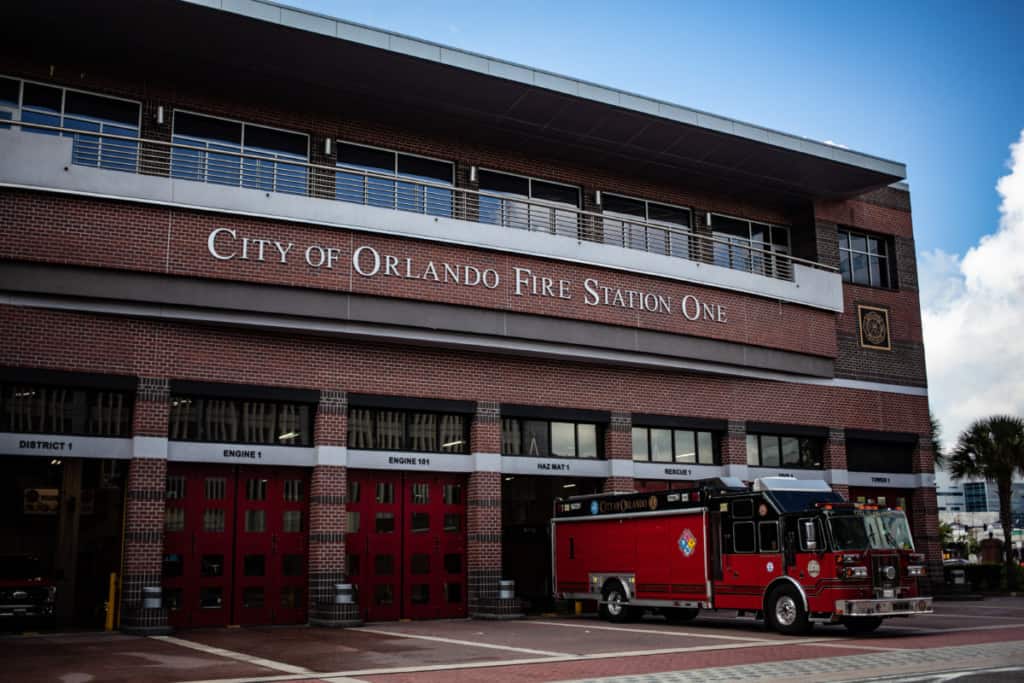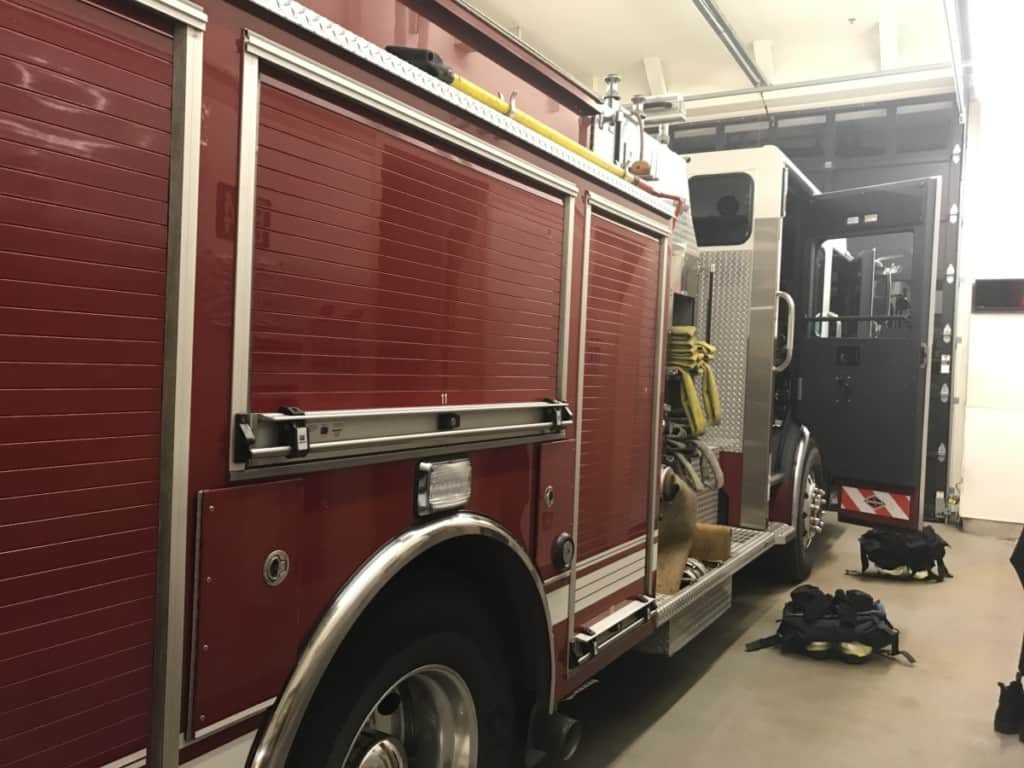Many countries have an emergency phone number that can be called by anyone needing immediate assistance. In the US and Canada, the number to call for emergencies is 911. (Other countries use different emergency numbers, see below). You are probably wondering if you will get charged for calling 911 and how much?
In the US and Canada, when you call 911 for an emergency you will usually not get charged just for calling. Police and firefighter services are usually paid for by taxes and do not bill you for responding. However, in many areas, you will get a bill for ambulance transport services.
When you need to call 911, it is usually a very stressful time and the last thing you should worry about is money. However, you should be informed of how the 911 process works and when you may be required to pay for it. Keep reading for more information about when you may get a bill.
Your # 1 priority is keeping your family safe. As a firefighter, I recommend everyone has updated smoke detectors that don’t require battery changes, like these ones from Kidde, a fire extinguisher, like this one from Amerex, and a fire escape ladder if you have bedrooms above the first floor, I recommend this one from Hausse.
Also read: How Much Do Firefighters Make? Average Salaries By State 2022
Will I Get Charged for Calling 911?
In the United States, when you call 911, your call is sent to a dispatch center. This is done based on the location of your landline or which cell tower your phone signal hits when you call. The closest dispatch center will get the call and a 911 operator will answer.
They will ask you a bunch of questions about what the emergency is, where you are, etc., so they can determine what type of help you need. They will send out firefighters, police officers, ambulances, or a combination of these, depending on the emergency.
The closest units can be right around the corner or miles away, this will vary based on where you are and the emergency service coverage. The necessary resources will respond as quickly as possible to help you. In most populated areas, it will be within a matter of minutes.
Using their training, equipment and problem solving skills, they will work to mitigate the situation and provide the best possible outcome for all those involved. These specialty services obviously cost money, but aren’t always something you have to directly pay for.
This video will explain how the 911 system works:
The models used for emergency services can vary, but usually, police and fire department resources are paid for by taxes. You will usually not get a bill from firefighters or cops. There are exceptions to this. In some areas, to recoup costs, fire departments and other city resources have instituted an emergency response fee, but this is still not common.
However, if you need emergency medical care, you may have to pay. The fire department will probably respond first with firefighter/EMTs and firefighter/paramedics that can treat and stabilize any life-threatening conditions.
The ambulance will also be dispatched and will usually arrive after the fire department. If you need transport to the hospital in the ambulance, you will usually have to pay. In most areas, the ambulance services are provided by private companies (74%) that will bill you or your insurance directly for any treatment and transport they provide.
Note: There are some places that use fire department ambulances for medical transport (26%), but they will usually bill for this service as well. There may be different models that don’t require direct payment, but they are not the norm.
Also read: How Do Firefighters Receive 9-1-1 Calls?
How Much Do You Have to Pay if You Call 911?

Like we discussed above, if your emergency requires police or firefighters to assist, you will likely be charged $0.
But, if you need an ambulance for treatment and transport in a medical emergency, you will probably have to pay and the amount can really vary.
The average cost of ambulance transport in California is $589, which doesn’t seem too bad for an emergency, potentially life-saving treatment. However, that doesn’t tell the whole story.
Ambulance transport costs can vary widely and one of the main reasons is the collection rate and who ends up paying.
The average person with private insurance will get a bill of $1274! This is because a large majority of people (74%) either have no insurance or are insured by Medicare or Medi-cal. This means they may settle their bill for much less. Medicare and Medi-cal only pay a preset rate, regardless of the actual cost for ambulance services.
This means that those who have private insurance or pay out of pocket will pay much higher bills to make up for the rest of the money lost in the system. And an ambulance bill can be much higher than $1200. If you need to be transported in an air ambulance, it usually will cost $12,000 to $25,000 and it can cost up to $200,000!!
So the cost for calling 911 can vary from $0 to $200,000, depending on why you called and what you need help with. But most likely the bill, if you are transported by an ambulance, will be around $1500, though your insurance may cover some or all of that.
Also read: How Much Does It Cost To Call An Ambulance?
Do You Get Charged for Accidentally Calling 911?
It happens more often than you think. Whether you just dial wrong or a child calls 911, an accidental call to 911 is not uncommon.
If you accidentally call 911 you will not be in trouble. You should stay on the line and let them know you dialed them by mistake. If you don’t, they may have to send emergency services out to you, as they do not know if there is a real emergency or not.
If you hang up after calling 911, they will probably try to call back and find out if there is a real emergency. Make sure to answer and tell them it was unintentional and that there are no emergencies. Don’t be worried, they are used to getting called by mistake. You will not get charged or fined for accidentally calling 911.
However, if you make a false 911 call on purpose, you can be fined. It is a crime (misdemeanor) to falsely call 911 and you can be fined up to $1000 or 90 days in jail, in some areas. There have even been discussions of increasing this penalty.
Also read: What Happens When You Accidentally Call 911? Important Info
Does 911 Ever Put You on Hold?
It can be scary when you have to call 911. It is usually a stressful experience and it doesn’t help when you are put on hold. However, it happens.
911 operators are expected to answer all the emergency calls they receive as well as dispatch all the resources needed for each call. This means that sometimes there are no calls and other times there are a bunch of 911 calls, all at the same time. They have to make do with the employees on staff that day.
This means that sometimes, you may be put on hold when calling 911. This is necessary so they can manage all the calls they are receiving. Just know that they are doing all they can to manage these calls and will get back to you as soon as possible.
Also read: How Much Does It Cost To Become A Firefighter? Firefighter Answers
What is the Emergency Number in Other Countries?
If you aren’t in the US or Canada, the number to dial in an emergency is usually something different than 911. Sometimes dialing 911 will redirect you to the proper emergency line, but not always and you shouldn’t rely on it.
Here are some resources for emergency numbers outside of North America:
You should be able to find the emergency number for almost anywhere with these resources.
Also read: How Much Does A Fire Station Cost?
Conclusion
When you experience or witness an emergency, calling 911 (or other emergency number) is the right thing to do. You shouldn’t be worried about what it will cost. But you can be reassured that in most cases, calling will not cost you any money, unless you get transported by an ambulance.
Related Articles
Will Incense/Smoking/Vaping Set Off A Smoke Detector?
Is It Safe To Sleep In A House After A Small Fire?

